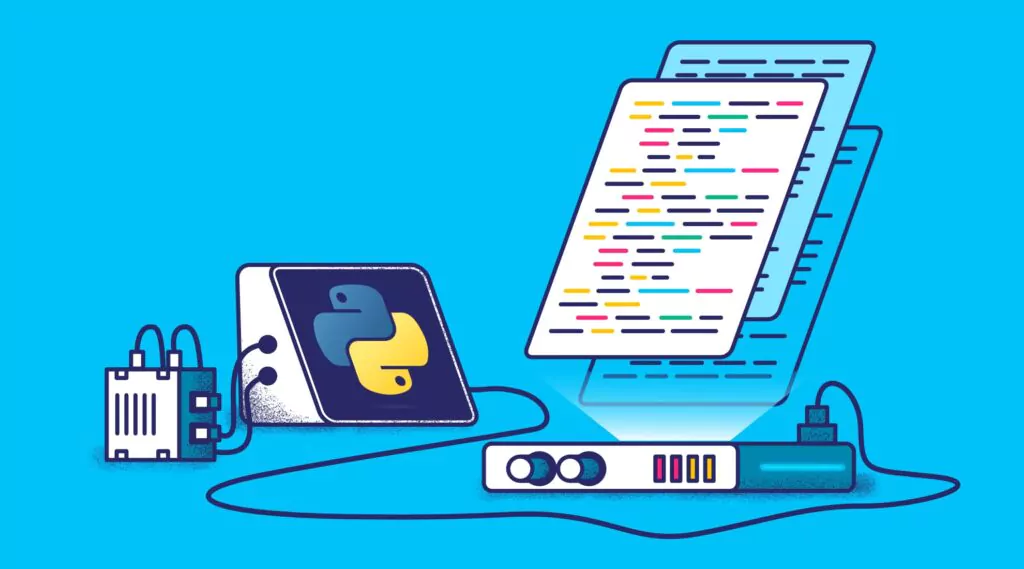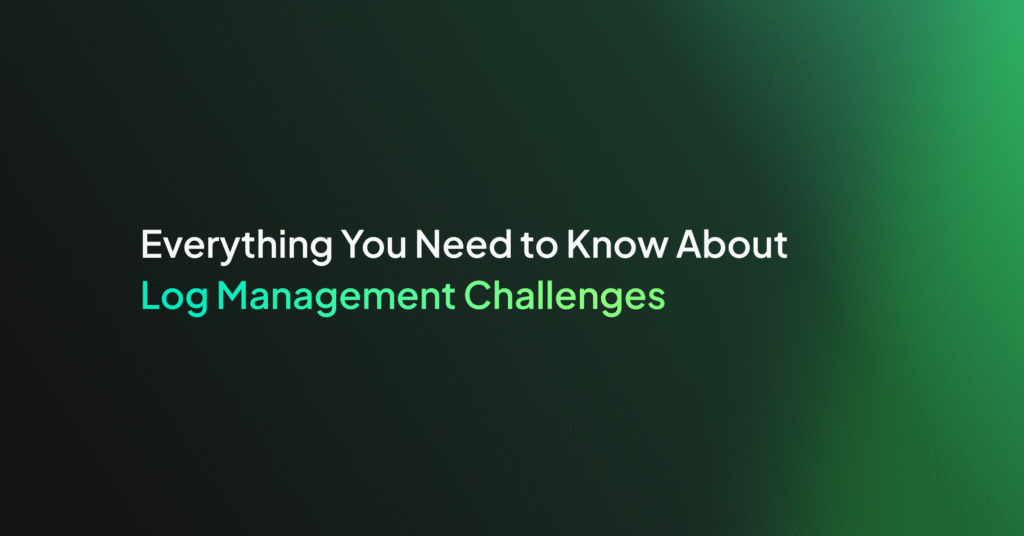Are Your Log Insights as Powerful as They Could Be?

Surveys show that developers spend roughly 25% of their time troubleshooting issues, amounting to over one working day per week! Let’s examine the solutions that will guide your developers to the log insights they need to efficiently troubleshoot issues.
Log Clustering
A noisy application or system can spew out tens of thousands of logs per day. Sifting through these for troubleshooting is both time-consuming and unlikely to elicit a clear solution. Log clustering groups logs together based on “templates”. This enables you to easily identify error or critical logs.
Identifying the Norm
Sounds great, right? Reviewing hundreds of clustered logs is faster and more insightful than reviewing millions of individual logs. However, it’s not that simple. Identifying the patterns for building these templates is not an easy task. A “baseline” of normal log activity can vary depending on time, stage in the release cycle, proximity to holiday periods, or myriad other factors.
Machine Learning for Log Clusters
Bringing a machine learning solution in to assist your log clustering is the answer. Machine learning algorithms use deep learning to analyze vast trends in tens of millions of logs. By summarizing rows of different log data into insights, a machine learning solution allows your developers to quickly identify abnormalities.
Support Releases
When your system is changed or updated, this will alter your overall build quality and performance. This in turn can affect the accessibility of insights from your logs, given the changing nature of their context. With the increase in releases using CI/CD, this becomes a compounded problem.
Automated Reporting
By generating benchmark reports which are tied to your deployment pipeline, you can give your developers the direct insights they need. They’ll see changes in software and system quality, without having to sift through a mountain of log outputs. These reports enable your team to fix failed releases and improve on successful deployments.
Known Errors
In the millions of logs your system produces every day, there will undoubtedly be several critical errors that you don’t need to immediately deal with. These may already be flagged for a future fix, may not actually be as critical as the alert purports, or simply may not relate to the area of the system you are responsible for. We group these together as known errors, and they create two problems.
Known Errors and Human Error
Known errors create a problem when they aren’t universally recorded, managed or acknowledged. If an outgoing developer forgets to tell his replacement about a known error, this will have severe consequences. Worse still, is that if a known error is believed to be assigned to a release for a fix, but isn’t, then it can end up being continuously ignored, potentially leading to a more critical situation. Automation is the answer to making sure that these don’t slip through the cracks.
Known Errors and Noise
In a complicated system or application, there’s likely to be a higher number of known errors, which may peak at points of high demand or mid-release. Having a large number of known errors complicates the diagnostic and troubleshooting process, and can obscure “true” issues which need to be identified and dealt with. Machine learning solutions can provide insights that differentiate between new anomalous and known errors, cutting down the time needed to identify new errors.
Fast Searches
Searching your logs requires a well indexed ELK stack to return all relevant results in a timely manner. Your queries need to be precise and properly structured, otherwise you won’t surface the relevant insights. You might end up wasting time structuring the correct query, or missing the relevant log altogether.
Simple Universal Queries to Find new Log Insights
The easiest way to search your logs is by having a unified interface that searches all of your log data. Making searches should be as simple as possible. No hoops to jump through. This enables you to surface the right insights quickly and accurately.
Better Insights, the Coralogix Way
As processors, analyzers, and optimizers of billions of logs every day, Coralogix has the solution to gleaning the most from your log outputs.
With Loggregation, we use machine learning to analyze your system’s baseline, enabling faster and more precise insight into errors. Our algorithm will simplify your jumbled logs down into standardized templates, allowing your developers to quickly identify anomalies. Loggregation, when combined with Coralogix’s automated manuals on known errors help you and your team better differentiate the noise of known errors from the real critical and error logs that you need to be aware of.
Benchmark Reports allow our customers to tag every aspect of their system so that, when an upgrade happens, the overall system performance can be visualized instantly. This eliminates the need to wait for a release-related error or performance issue, giving developers the gift of time and foresight. (https://coralogix.com/docs/software-builds-display/)
Lastly, Coralogix’s advanced unified UI gives our customers the ability to carry out unstructured searches without parameters across their entire monitoring system, without needing any backend rearchitecting. This makes troubleshooting easier, helping developers resolve issues faster and opens up a world of new log insights to your organisation.




